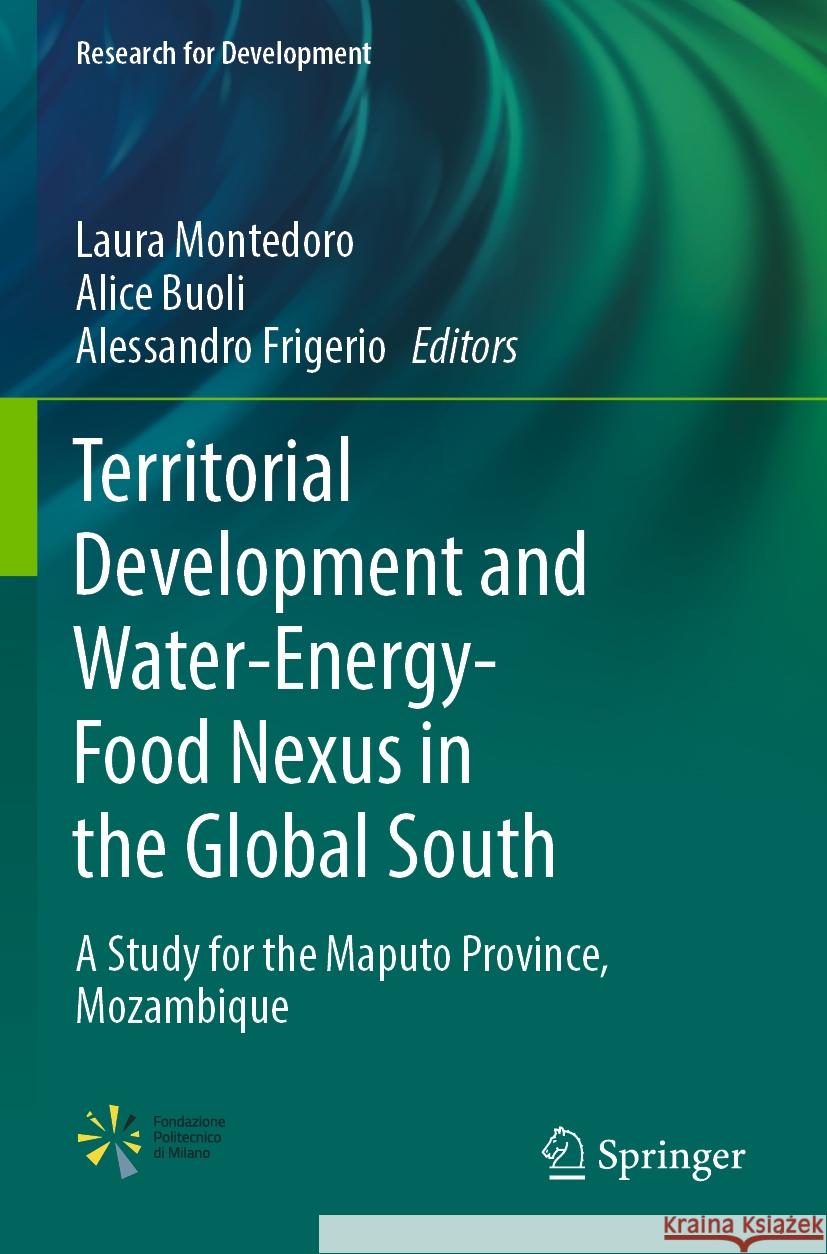Territorial Development and Water-Energy-Food Nexus in the Global South » książka
topmenu
Territorial Development and Water-Energy-Food Nexus in the Global South
ISBN-13: 9783030965402 / Angielski / Miękka / 2023
Territorial Development and Water-Energy-Food Nexus in the Global South
ISBN-13: 9783030965402 / Angielski / Miękka / 2023
cena 382,84 zł
(netto: 364,61 VAT: 5%)
Najniższa cena z 30 dni: 382,84 zł
(netto: 364,61 VAT: 5%)
Najniższa cena z 30 dni: 382,84 zł
Termin realizacji zamówienia:
ok. 20 dni roboczych.
ok. 20 dni roboczych.
Darmowa dostawa!
This volume collects the results from the Politecnico di Milan’s award-winning “Boa_Ma_Nhã, Maputo!” research-by-design project, which studied various transdisciplinary approaches to development in the context of the Global South. The challenges of urbanization are well known, but that only goes so far in aiding implementation. From local considerations like water access and housing rights to global issues like climate change, territorial development demands solutions that address the needs of the specific population while keeping such goals as sustainability and inclusion in mind. By focusing on a number of towns within the Maputo Province of Mozambique, and thus addressing many of the issues endemic to Sub-Saharan Africa, the research, structurally presented so as to aid those who may require introduction to the issue, makes a clear case in favor of always keeping the Water-Energy-Food (WEF) Nexus in mind when formulating development strategies for improving people’s lives, as well as the wisdom of marrying academic findings with the insights accrued by local NGOs and institutions, thereby expanding the potential idea bank beyond the Eurocentric status quo that has tended to dominate the field.











